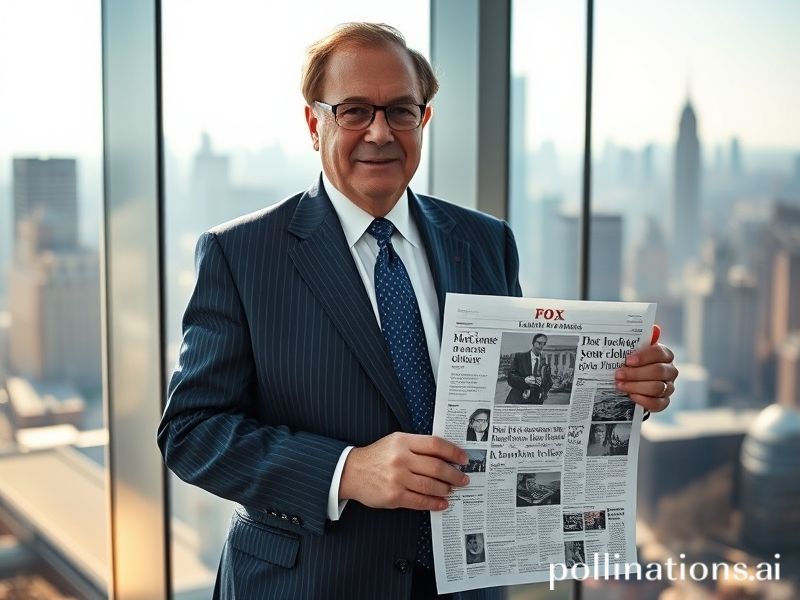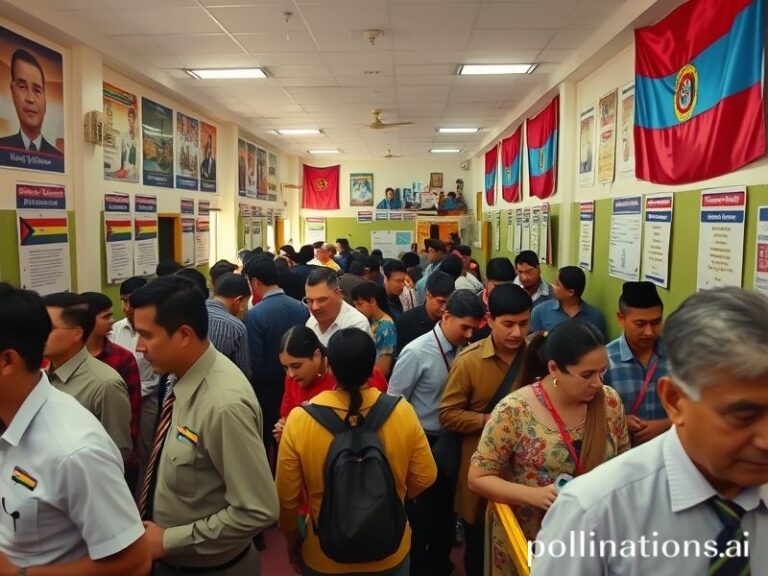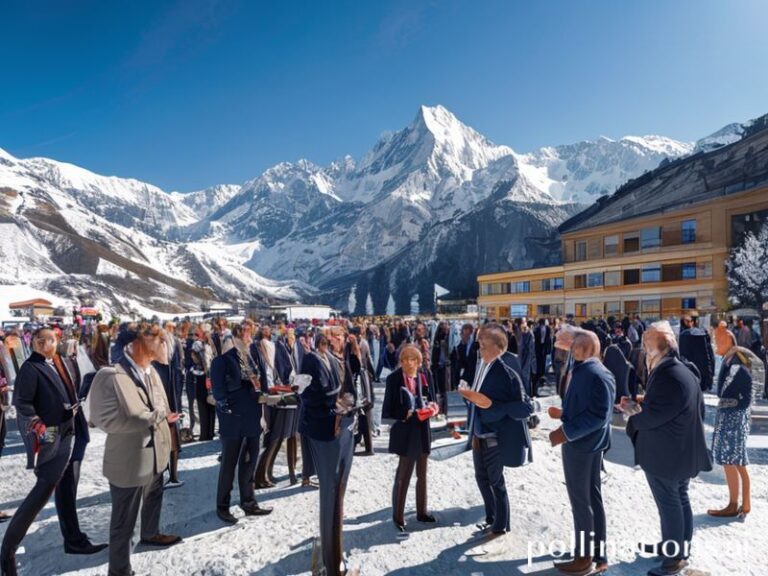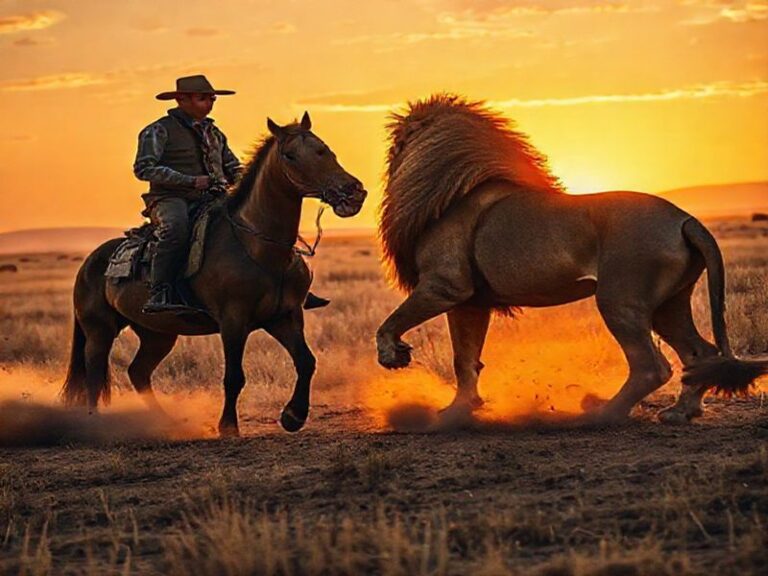Lachlan Murdoch: The Global Heir Who Turned Panic Into Prime-Time Real Estate
SYDNEY—If you squint at the skyline long enough, you can almost see the Murdoch empire’s shadow lengthening across three oceans, a Rorschach blot of satellites, tabloids, and streaming pixels. At the blot’s center stands Lachlan Murdoch: heir, enigma, and—depending on which brunch table you pollute—either the last lion tamer of legacy media or the trust-fund kid who found dad’s flamethrower and can’t stop giggling.
From London’s Wapping fortress to Mumbai’s multiplexes where Star plays on loop, the consensus is that Lachlan is now the pilot of the only news-and-entertainment bomber capable of carpet-bombing multiple democracies before the coffee gets cold. When he formally took the controls of Fox Corp. and News Corp last year, the world’s chattering classes reacted with the sort of hushed awe usually reserved for a Bond villain unveiling a space laser. After all, this is the man who can green-light Tucker Carlson’s latest fever dream at 5 p.m. in Manhattan and, by breakfast in Jakarta, watch the clip ricochet through WhatsApp family groups already primed for moral panic.
Yet the international significance of Lachlan isn’t merely that he owns the megaphone; it’s that he understands the megaphone is now bilingual in both profit and paranoia. In Australia, where the Murdoch press still swings elections like a rusty gate, Lachlan has perfected the art of nodding sympathetically at climate-change-induced bushfires while the front page screams “IMMIGRANT CARAVAN COMING TO STEAL YOUR SUV.” In the United States, he’s the executive who let Fox News flirt with election denialism until the defamation suits started arriving like overdue Christmas cards—then pivoted to a streaming service so patriotic it practically bleeds red, white, and subpoena ink.
Europe, ever the continent that likes its propaganda artisanal and state-funded, watches with a mixture of smug horror and corporate envy. Public broadcasters from Stockholm to Seville whisper that Lachlan’s real talent is monetizing panic at scale; the EU’s Digital Services Act now reads like a restraining order addressed personally to him. Meanwhile, in India, where the Star network beams cricket and melodrama into 700 million eyeballs, Lachlan’s lieutenants have learned to synchronize ad breaks with nationalist crescendos—nothing sells detergent quite like synchronized stadium chants of “Bharat Mata Ki Jai.”
The cynical read—our specialty, naturally—is that Lachlan’s ascent marks the final fusion of political power and entertainment metrics. Every outrage cycle is A/B tested, every populist surge focus-grouped. When a Fox host winks at QAnon, it’s not ideological; it’s analytics. When Sky News Australia thunders against lockdowns, it’s not conviction; it’s the algorithmic discovery that fear of masks outperforms fear of climate apocalypse by 17 percent among suburban mortgage holders.
Still, the heir is no mere marionette of spreadsheets. Friends insist he possesses a genuine, almost quaint belief in “free markets”—a phrase here defined as “markets free for us to corner.” Colleagues describe a man who can quote both Hayek and Succession dialogue in the same breath, which is either intellectual agility or the final proof that late-stage capitalism has become its own HBO dramedy.
What makes Lachlan globally resonant, then, is that he embodies the twenty-first-century truism: the news was never broken; it was franchised. From São Paulo newsstands stacked with local Murdoch rags to the Kenyan Facebook groups dissecting Fox clips pirated onto YouTube, the Murdoch worldview—equal parts grievance, glamour, and gold-rush capitalism—has metastasized into a planetary id. The planet’s democracies now flicker between binge-watching democracy and doomscrolling it.
So raise a glass—preferably something overpriced and Australian—to the man who weaponized dinner-table anxiety into a transcontinental revenue stream. Somewhere, a retired dictator is kicking himself for not thinking of monetizing the fear he once had to pay goons to distribute. Lachlan simply put it on cable, slapped a subscription fee on it, and called it destiny. The rest of us? We’re the grateful audience, clutching our remotes like rosaries, watching the empire expand one outrage at a time. Curtain never falls; it just cuts to commercial.







